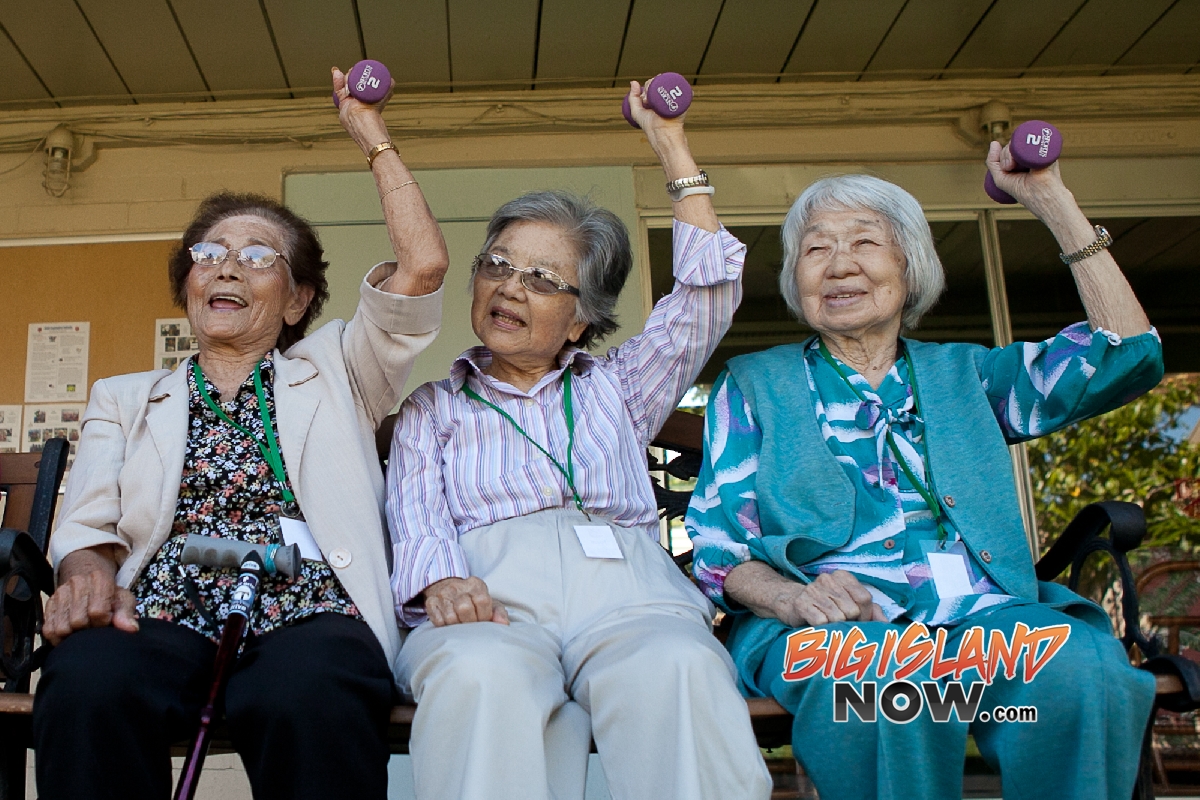Hawai‘i Better Business Bureau Warns Seniors of Scams
Although everyone is at risk for scams, seniors are particularly vulnerable. Hawai‘i’s Better Business Bureau (BBB) wants seniors to be aware of five common scams and what they can do to protect themselves.
Sweepstakes Scams: Whether it be a desire to help out a family member or save up for unexpected medical emergencies, who couldn’t use a little extra money? Scammers play off of these emotions in this scam. A scammer will notify a senior that they have won some sort of sweepstakes or lottery and tell them that they must pay a small fee or the taxes associated with the win, to receive their money. Anyone who receives a call such as this should hang up and keep in mind that they cannot win something that they did not enter. This year alone, Hawai‘i’s BBB has received nearly 130 reports of sweepstakes and lottery scams via the BBB Scam Tracker.
Healthcare Scams: Ranging from billing to Medicare agents, seniors are seen as an easy target for medical and healthcare scams. As a whole, elderly adults receive more frequent health care visits, meaning threatening callers posing as a billing clerk are more likely to be believable. Also, at 65, a person automatically becomes eligible for Medicare, making it easier for scammers to know who to target. Healthcare scams are not only a financial risk for the victims, but also a privacy risk. If anyone receives a call claiming to be a representative from a hospital, a doctor, billing or Medicare, they should immediately contact their provider and be sure to never give out personal details over the phone if they cannot be 100% certain of the identity or the caller. There have been seven reports of healthcare scams to Hawaii’s BBB this year.
Elderly Financial Abuse: In this type of scam, seniors are often taken advantage of by those that are closest to them. Friends and family may have easy access to a person’s personal information, records and bank accounts or credit cards. When it comes to financial abuse it often goes unreported. According to USA Today for every one reported case, 23 go unreported. Family members can avoid seeing their loved ones be taken advantage of by staying involved and informed with them. Children and grandchildren need to keep the line of communication open with their grandparents and other elderly people in their lives.
Grandparent Scams: Scammers call claiming to either be a loved one or be connected to a loved one, such as a grandchild. The scammer will claim that the grandchild is in some sort of trouble, such as in jail or stuck overseas and needs money immediately. In this situation the scammer is hoping to trigger the victim’s emotions and make them act without thinking. In order to avoid this sort of scam seniors should be sure to always stay informed on where loved ones are and when they are traveling. Also, anyone who receives a call like this needs to stay calm and then reach out to other family members to confirm the actual situation. Since January Hawaii’s BBB has received 14 reports of the grandparent scam or scams similar in nature, resulting in the loss of $1,800 for one victim.
Tech Support: Tech Support scams can happen in multiple ways. Often times through emails, pop-up ads or phone calls. In most scenarios, the scammer will impersonate a representative of a tech company and convenience their victims to allow remote access to their computers and to remove viruses for a small fee. If a person receives an unsolicited tech support call they should hang up immediately and if a person encounters a pop-up asking them to call a number they should just ignore it. The BBB Scam Tracker has received over 50 reports of tech support scams targeting consumers in Hawai‘i since January.
If anyone encounters any of these scams they should report it immediately using the BBB Scam Tracker.
Sponsored Content
Comments









